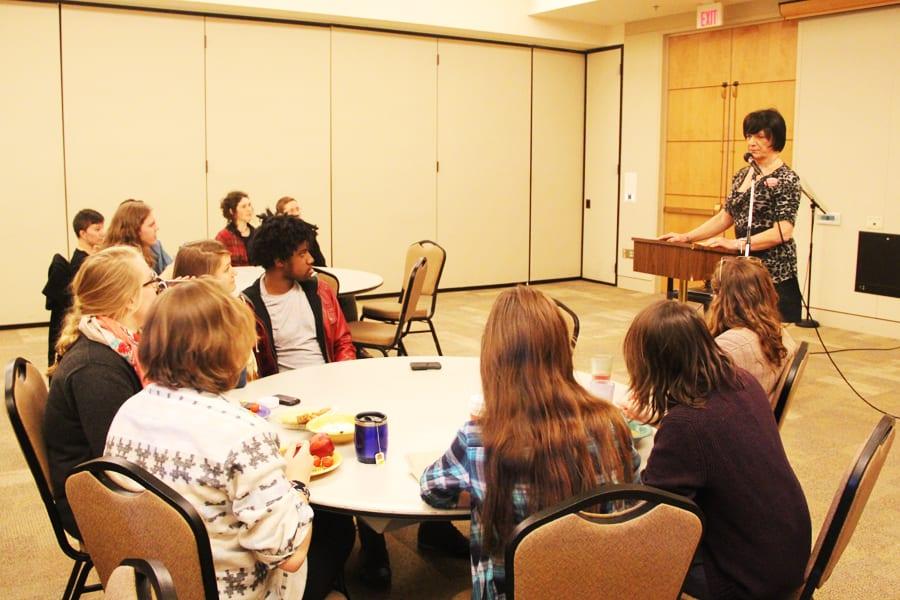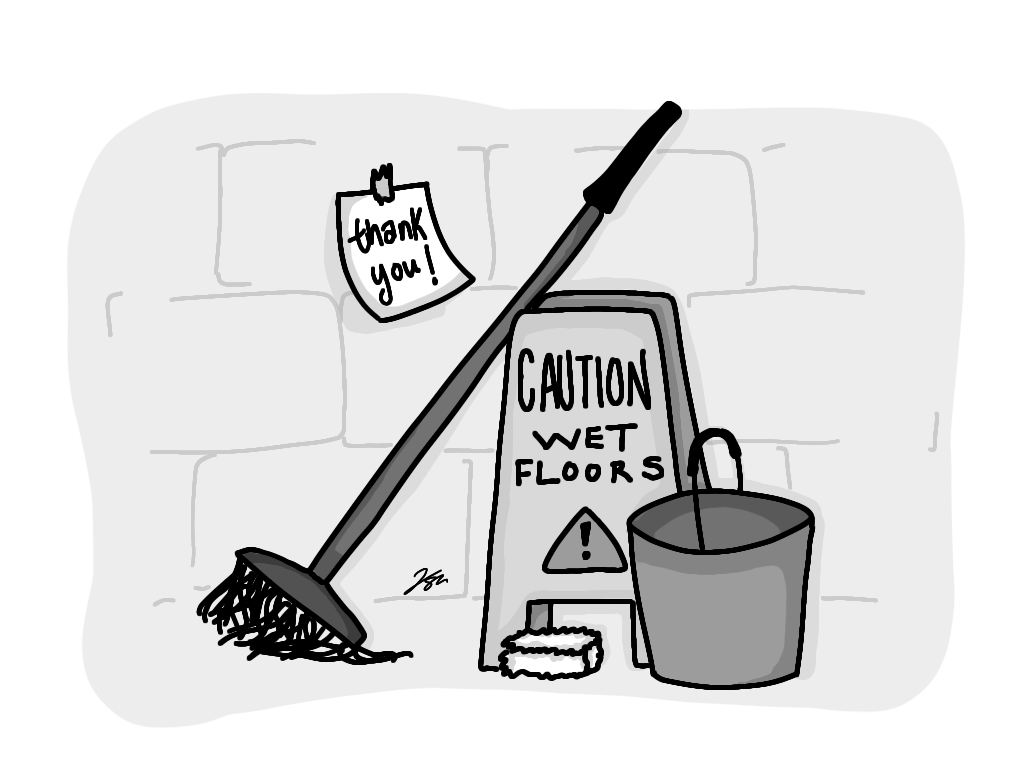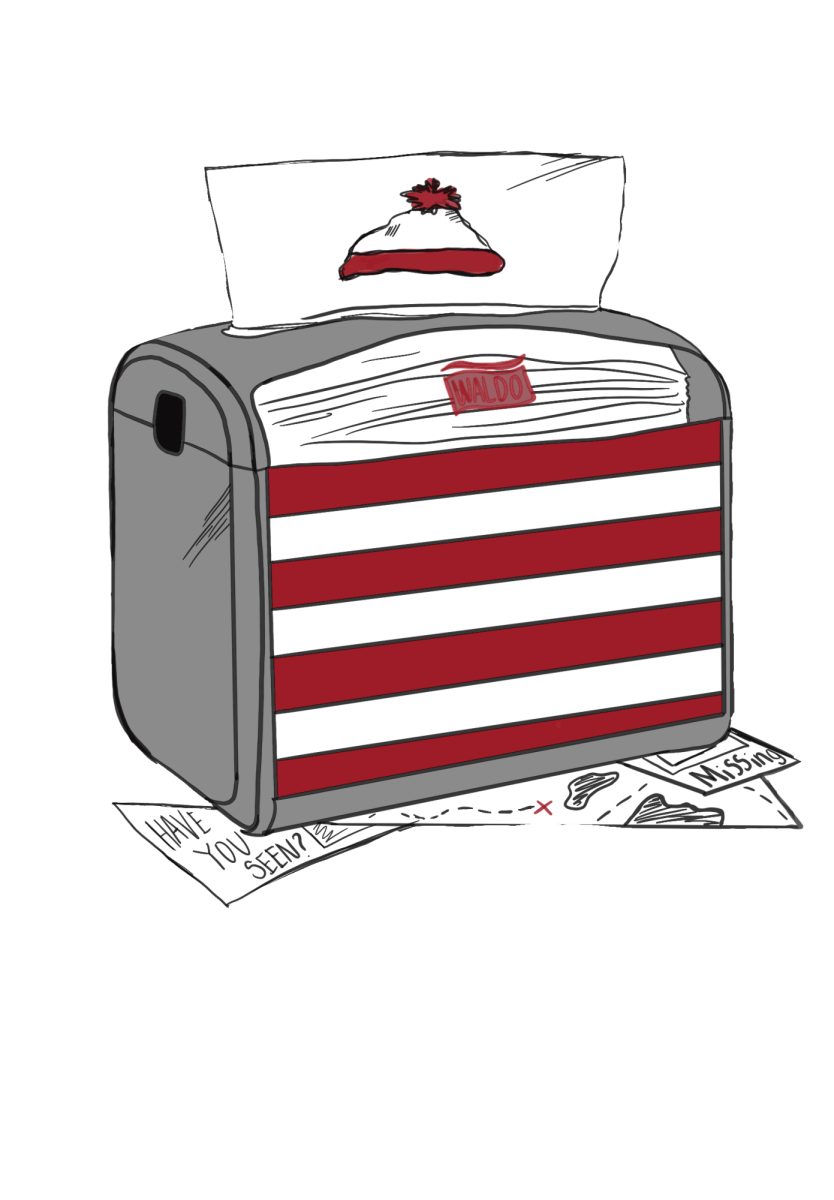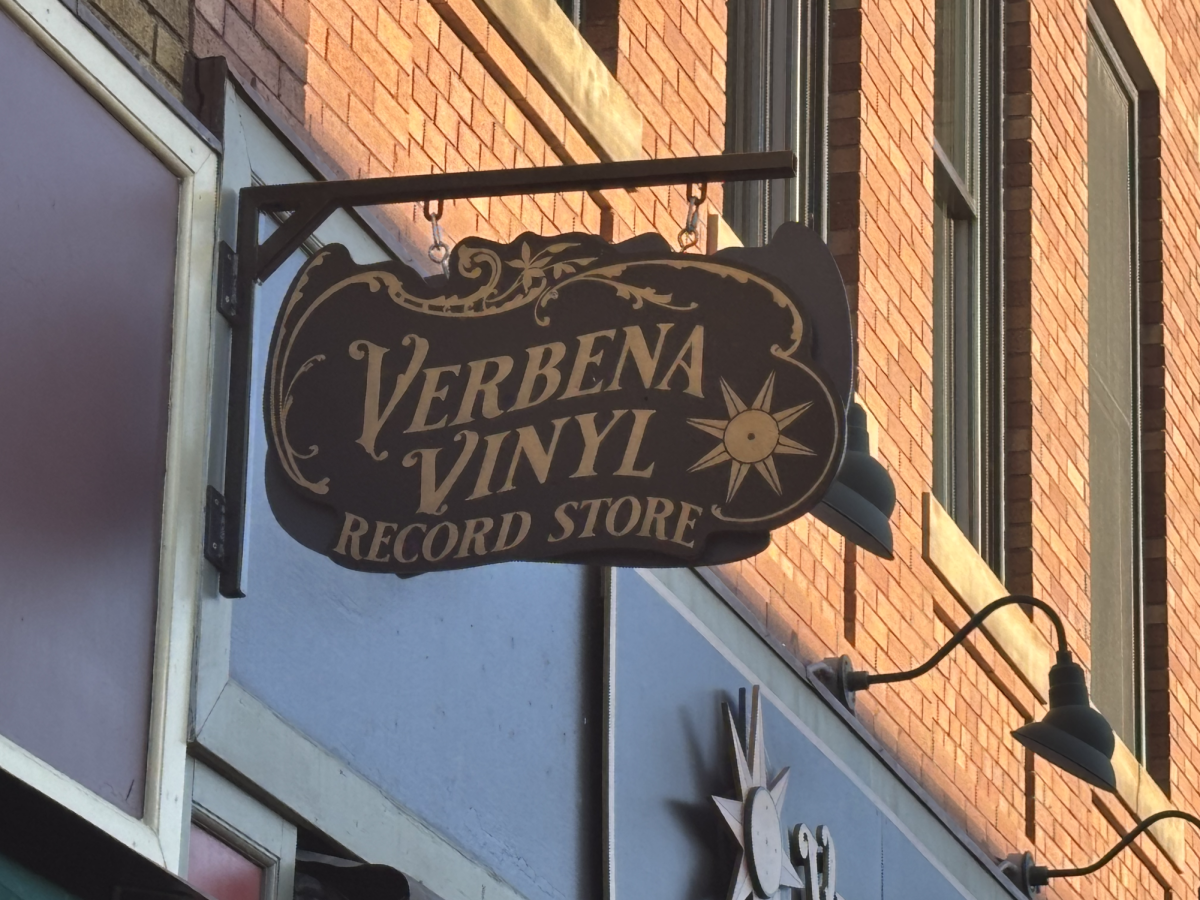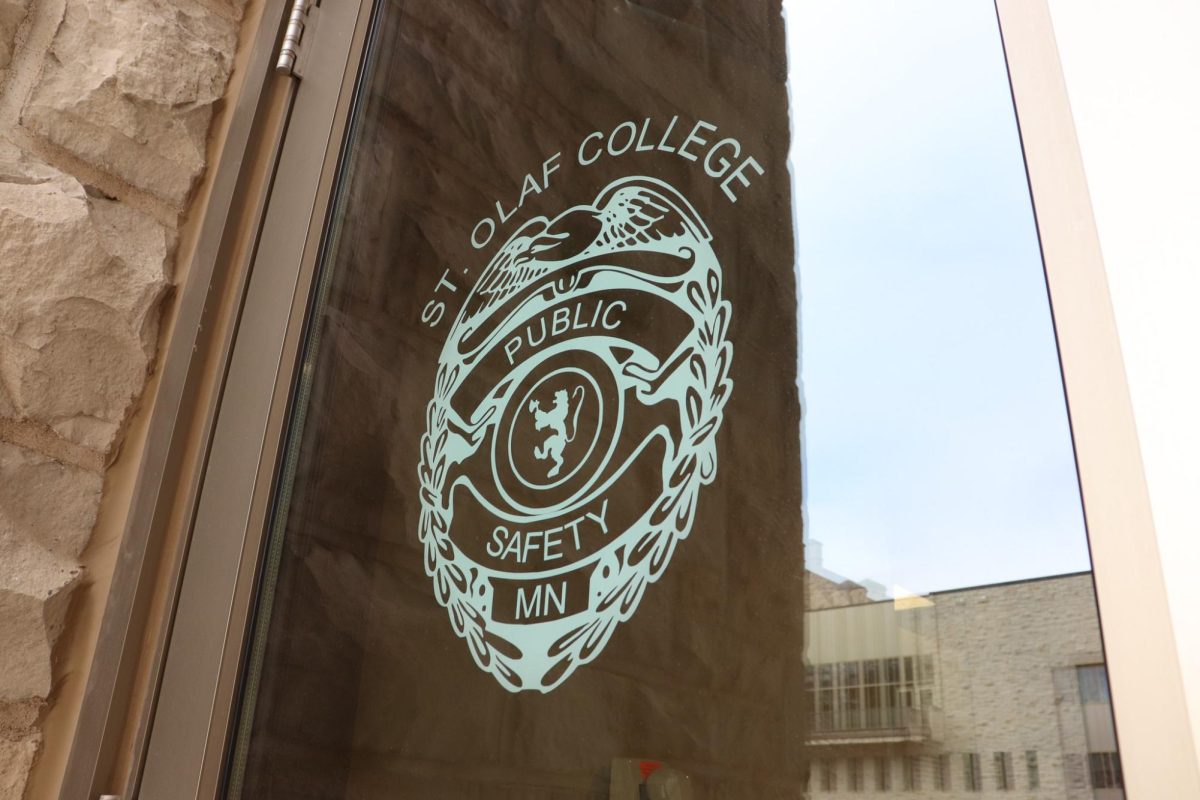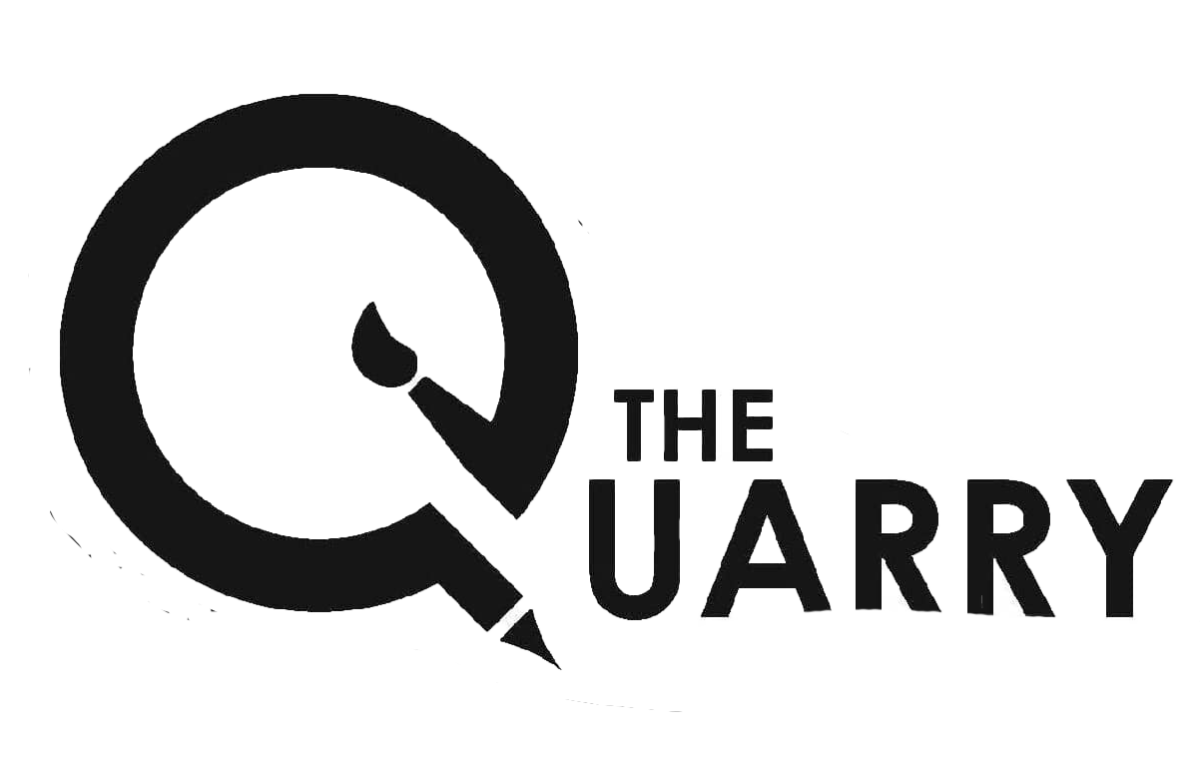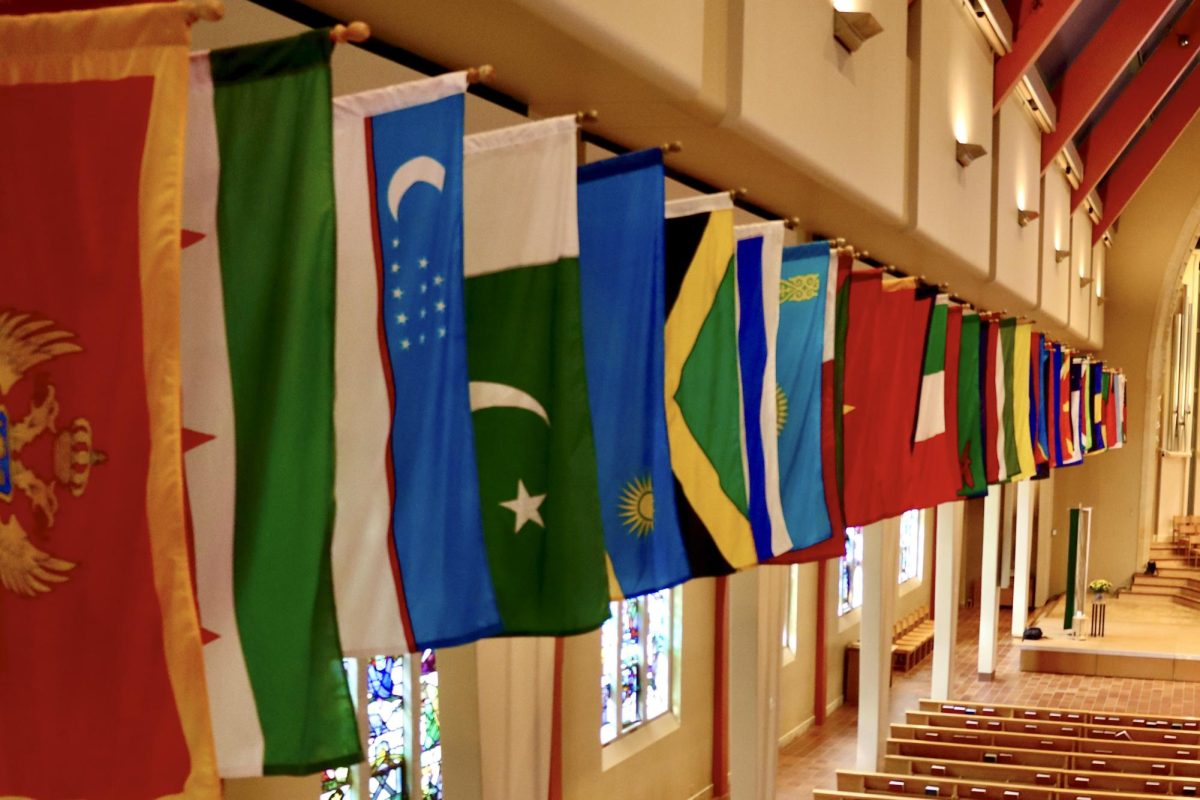Political and human rights enthusiasts gathered in the Black Ballroom on Tuesday, Feb. 25 at 5:30 p.m. for a dinner presentation and discussion co-hosted by the Political Awareness Committee PAC and GLOW. The dinner discussion was titled Trans* Politics, and congressional candidate Paula Overby was the greatly anticipated speaker. Settling down at the crowded tables with their dinner trays, the students idly chatted and waited for the guest speaker to arrive. This was the first of several events coordinated by GLOW last week in recognition of transnational LGBTQ week.
In April of last year, Paula Overby made history when she announced that she would be running for a position in Minnesota’s second congressional district for the 2014 election. She is the first openly transgender candidate to ever run for congressional office in Minnesota. Although her campaign announcement made headlines, Overby publically stated that she does not want her gender identity to be the focus of her campaign. With her simple campaign slogan, “Take the money out of politics. Put the people back in,” she hopes to relate to a broad audience. In the 2014 election, she will face tough competition as she runs against Mike Obermueller, who ran and lost in the last election, as well as Thomas Craft.
Although her gender identity is not central to her political campaign, it was the main focus of her speech at St. Olaf. Overby began her presentation with a casual explanation of the complex issue of transsexual identity.
“Often, transsexuals move into the LGBT community for support,” she said. “However, when they transition, they often leave the community and enter back into the gender binary.” It is a common misconception that people who identify as transgender strongly identify with the LGBT community. However, as Overby explained, people who identify as transgender often identify with a specific gender and therefore see themselves as members of typical society.
“The most difficult part of being a transgender woman is being a woman,” Overby said.
Identifying as a gender that contradicts the social constructions associated with one’s anatomy comes with many challenges. One of the main struggles people who identify as transgender face is a lack of a cohesive community. As it becomes more culturally acceptable to identify as transgender, the community has fragmented along interest lines.
“We are a culturally diverse community in a wide range of occupations,” Overby said. “We cover all ethnicities, races and political views.”
Gender norms pervasively define what is acceptable in public places. A challenge transgender people often encounter is navigating their way through shared spaces. Overby told an anecdote about bringing her son to his dance recital and the frustration of not being allowed to go into the backstage dressing room.
“People think that because we have allowed for marriage equality in Minnesota we have solved the problem, but that simply isn’t the case,” she said. “Even if we are more accepting culture-wise, a lot of it comes down to resources, facilities.” She explained the problematic situation of public spaces that are gender-designated, including bathrooms, locker rooms and dorm rooms. The discussion illuminated the difficulty of allotting public resources to accommodate transgender people in these spaces.
Beyond the structural challenges transgender people face, there are also social stigmas and cultural criticisms that they are forced to endure. “The biggest challenge I deal with as a transgender person is not knowing how people are gendering me,” Overby said. “People will interpret behavior differently based on if they think it is coming from a man or a woman.” Overby hopes that voters will look beyond her gender identity when they are voting and focus on her campaign platform.
While Trans* Politics was the first of several events hosted by GLOW this past week, another highlight of the week was Leah Entenmann’s presentation, Queer Uganda. Author of “Aggravated Homosexuality: U.S. Influence in Uganda’s Anti-Homosexuality Legislation,” Entenmann explored the role of the U.S. in the persecution of queer people in Uganda and explained how we can fight back.
The week concluded with a film screening of the contemporary American drama film “Pariah.” Premiering in 2011 at the Sundance Film Festival, “Pariah” tells the story of an African-American teenager and her journey to embrace her identity as a lesbian. The film won the Excellence in Cinematography Award.
In the past couple of years, Minnesotans have worked tirelessly to end human rights violations by promoting gender equality, but, as Overby reminded her audience, the struggle is far from over. Look for more GLOW events in the coming months to learn about issues centered around gender equality and what you can do to bring about change.
Photo Credit: SIRI KELLER/MANITOU MESSENGER
